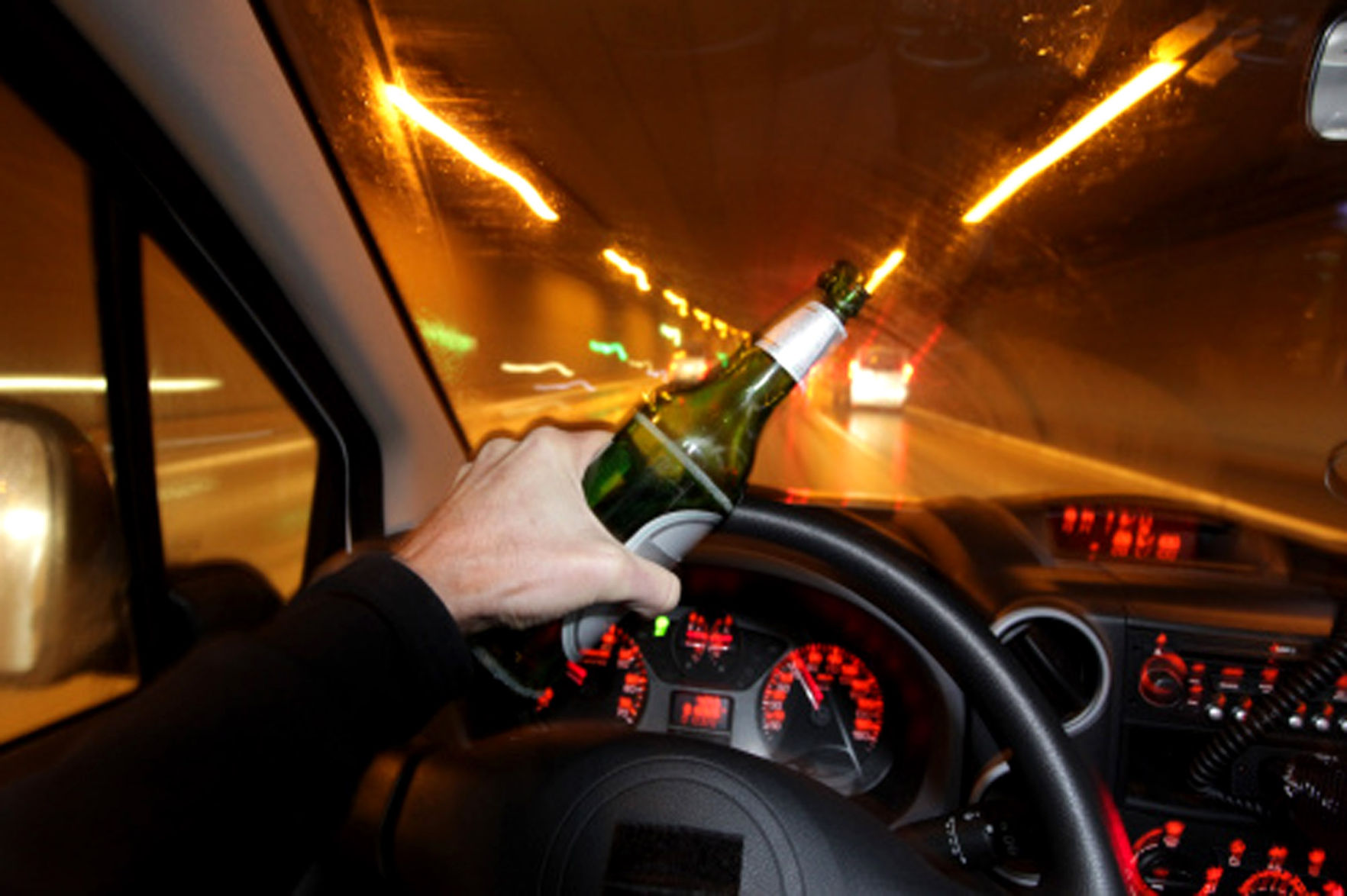LIHUE — A recent ruling by the Hawaii Supreme Court is expected to affect fewer than a dozen drunken driving cases on Kauai, according to the prosecuting attorney.
“The forms the Kauai Police Department uses when processing the vast majority of drunk driving arrestees do not contain the language that the Supreme Court identified as problematic, so we will be much less impacted than some of the other circuits,” said Prosecuting Attorney Justin Kollar.
The case, State v. Won, removes the penalty for refusing to submit to a breath test, unless the officer requesting the breath test from the arrestee has a search warrant, according to the ruling.
The Kauai Public Defender’s Office said the OVUII cases affected by the ruling could be higher.
“I think there’s at least a dozen waiting in my office,” said Deputy Public Defender Dena Renti Cruz, who handles the majority of DUI cases on Kauai. “I would say 12 is a definite low amount. (The ruling) also affects private attorneys and cases that are going through the system now.”
Kollar said his estimate is based on the 25 percent of cases where arrestees refuse to take the breath test and have to be read the “long form,” which is the KPD form with the coercive language. It says if you refuse to submit to a breath test, you can go to jail for up to 30 days, he said.
The case, State v. Won, “basically renders invalid the law in Hawaii that criminalizes an arrestee’s refusal to submit to breath or blood alcohol testing,” Kollar said last week. “We’re working closely with KPD and the other county prosecutors’ offices to make the necessary revisions and ensure we are able to continue protecting our community from drunk and drugged driving.”
KPD’s Traffic Safety Section Lt. Jon Takamura worked with the Office of the Prosecuting Attorney to ensure its forms complied with the court’s recent decision, said Kauai County spokeswoman Sarah Blane.
KPD uses three forms — now amended to comply with the state’s highest court’s ruling — to process OVUII cases in Kauai, Kollar said. One form in particular, known as “the short form,” was used in the majority of the cases and did not use the coercive language the court found problematic, he said.
The KPD “long form” now reads: “if you refuse to submit to a breath, blood or urine test, as requested, you will NOT be arrested, or prosecuted,” where as before it said you “you may be subject to sanctions” or “criminal charges may be filed against you.”
That means if a person changed his or her mind and then blew, he or she might run into some problems — but it’s a small percentage, Kollar said.
However, Kollar said a breath test isn’t the only way the state can win a conviction. If it can prove an arrestee is impaired through other indicators such as “breath smells of alcohol, bad driving, red eyes, staggering all over the place,” it might not even need the breath test to proceed, he said.
There have been 217 OVUII traffic citations so far this year on Kauai, KPD said. Last year there were 253 OVUII citations compared to 259 in 2013.
The State v. Won case began in April 2011, when police pulled over Yong Shik Won on Oahu and while under the influence, he consented to a breath test. But that was only after the officer gave him two choices.
He could either submit to a breath test to check his blood alcohol content or go to jail, be convicted and be subject to 30 days of imprisonment for the crime of refusal to submit to a breath, blood or urine test, according to court documents.
His blood alcohol content was .17, which is above the state’s legal limit to drive of .08 grams of alcohol. The state then turned around and used that to convict him, according to the ruling.
Won argued the test violated his Fourth Amendment right, which protects him against unreasonable searches.
The Hawaii Supreme court argued that the breath test used in Won’s conviction was coerced. The court said the test could not be used as evidence against him and it was thrown out.
•••
Michelle Iracheta, cops and courts reporter, can be reached at 245-0424 or miracheta@thegardenisland.com. Follow Michelle on Twitter @cephira





